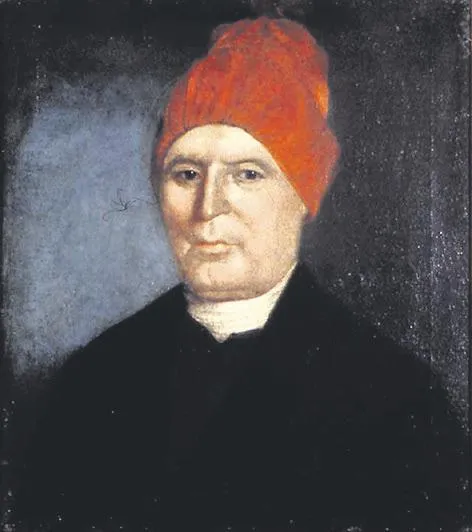John Wesley judged rightly when he described slavery in America (and by implication, that of other parts of the New World) and the British slave trade as ‘that execrable sum of all villainies’.
Now, it is intriguing to note that he made this judgment not long after the death of his good friend George Whitefield, who had been entangled in the introduction of slavery into Georgia.
In making the judgment that he did, Wesley was drawing upon the now-unknown work of the Quaker Anthony Benezet (1713– 1784), whose abolitionist writings were equally and certainly available to Whitefield. Quaker opposition to slavery was well known in Whitefield’s world. It is thus an easy out to say that Whitefield’s involvement in this sinful activity was owing to the fact that he was a child of his time. For there were those in Whitefield’s day who would have rightly criticised the evangelist.










